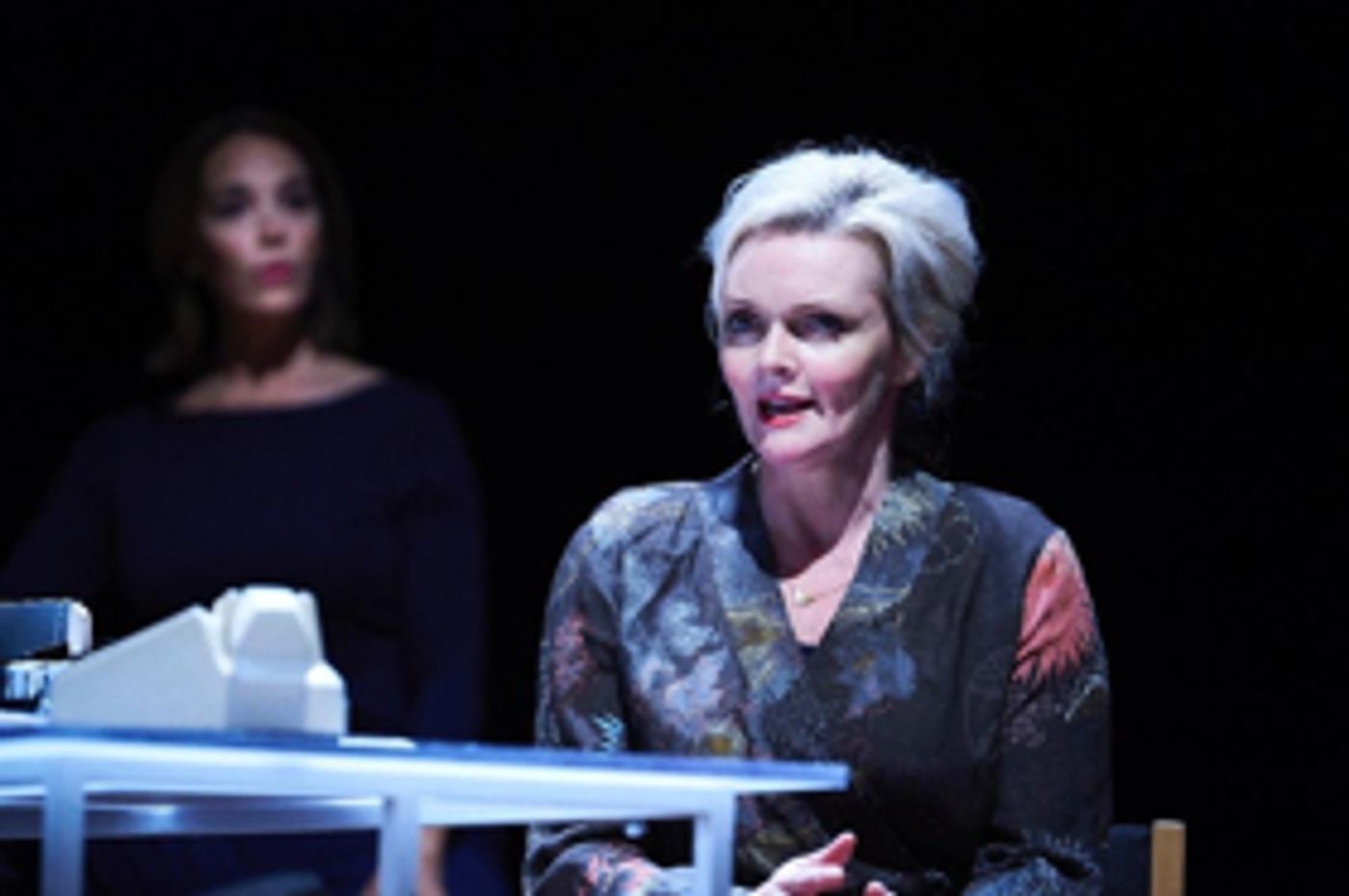Review: STILL ALICE, Richmond Theatre

![]() Dementia is a difficult topic to tackle on stage, mainly due to the intensely internal struggle that the disease inflicts. Florian Zeller handled it beautifully in The Father, and now Lisa Genova's novel Still Alice has been adapted into a sensitive yet hard-hitting play that confronts the brutal and seismic effects of the disease on a talented, relatively young woman and her family.
Dementia is a difficult topic to tackle on stage, mainly due to the intensely internal struggle that the disease inflicts. Florian Zeller handled it beautifully in The Father, and now Lisa Genova's novel Still Alice has been adapted into a sensitive yet hard-hitting play that confronts the brutal and seismic effects of the disease on a talented, relatively young woman and her family.
At the age of 50, Alice is living a busy life, combining family with a hugely successful academic career at Harvard University. When she starts to forget small things, she initially blames the menopause, but what evolves is the dark reality that she is suffering from early onset Alzheimer's disease.
Faced with the rather daunting task of playing the same character that won Julianne Moore an Oscar in 2014, Sharon Small tackles the challenging role of Alice with a quiet dignity and superb poise. There is a desperation in her wanting to retain her independence as long as she can in the face of this terrible disease, and the fear behind her eyes is utterly convincing.
Martin Marquez takes on the role of Alice's husband John; for much of the play he seems a rather one-dimensional character, fixated on gaining the same kind of academic success as his wife, even if it is to her detriment. As Alice becomes more ill, he confesses to his children that if he doesn't have his career, when he loses Alice he will have nothing. Then Marquez displays real emotion, showing that his seeming selfishness is also about personal survival in the face of a terrible situation.
The more interesting family dynamic is between Alice and her spirited daughter Lydia, played with natural confidence by Ruth Ollman. Alice is desperate for Lydia to go to university, but Ollman's spiky resistance softens into kindness and patience as her mother declines. A less successful character is that of attentive son Thomas, played in a rather overblown manner by Mark Armstrong.
An effective device is the use of a character called 'Herself', portrayed with warmth and sensitivity by Eva Pope; this an internal and ever-present persona imagined by Alice, who tries to help articulate things when Alice cannot. She also demonstrates the internal struggles that Alice has as she struggles to remember certain words or situations.
Jonathon Fensom's thoughtful staging is a heartbreaking reflection of Alice's mind: a normal, cluttered family home gradually moves further apart on stage until the set is reduced to two camping chairs for her and John to sit on. It is a poignant and touching scene, as the pair sit on these chairs at their holiday home, and Alice repeatedly asks to go home and fails to recognise John.
What is so touching and sobering about the play is that Alice is an ordinary figure. Despite her brilliant academic mind, she starts the play as a normal wife and mother, living an ordinary life by arguing with her daughter or going for a run. The disintegration of her mind is rapid and devastating for her and her family. It is a situation that so many of us can identify with, and that is why exploration and understanding is so important.
Still Alice at Richmond Theatre until 22 September, then touring
Photo Credit: Geraint Lewis
Reader Reviews
Videos

